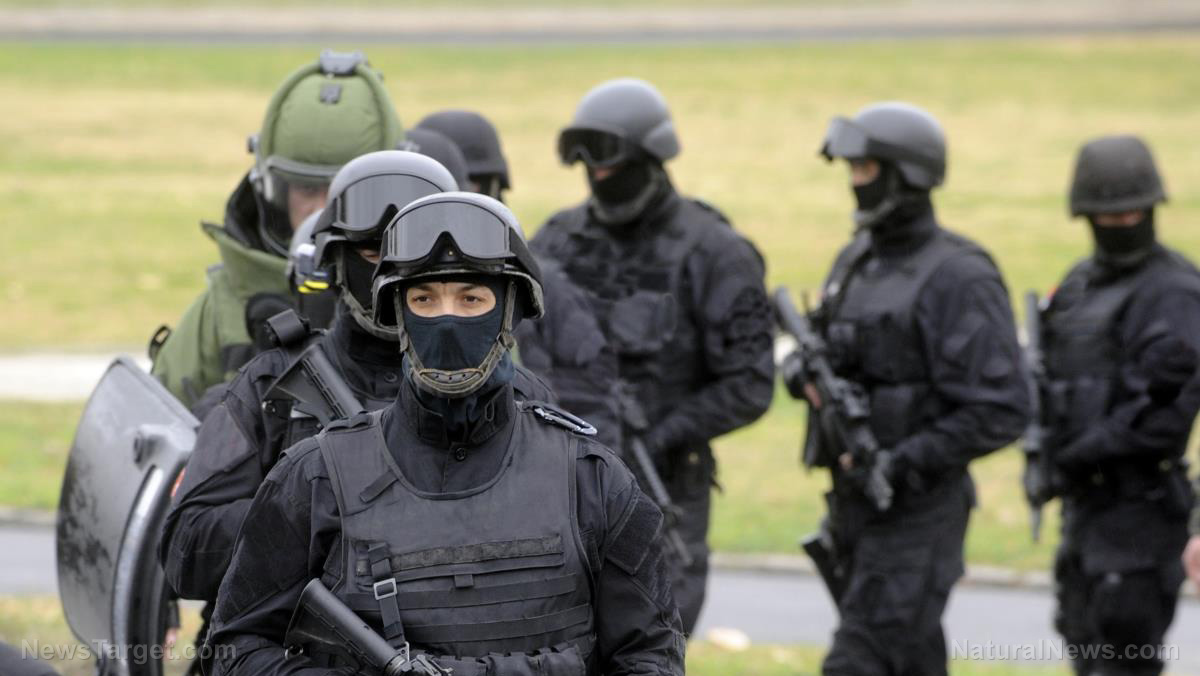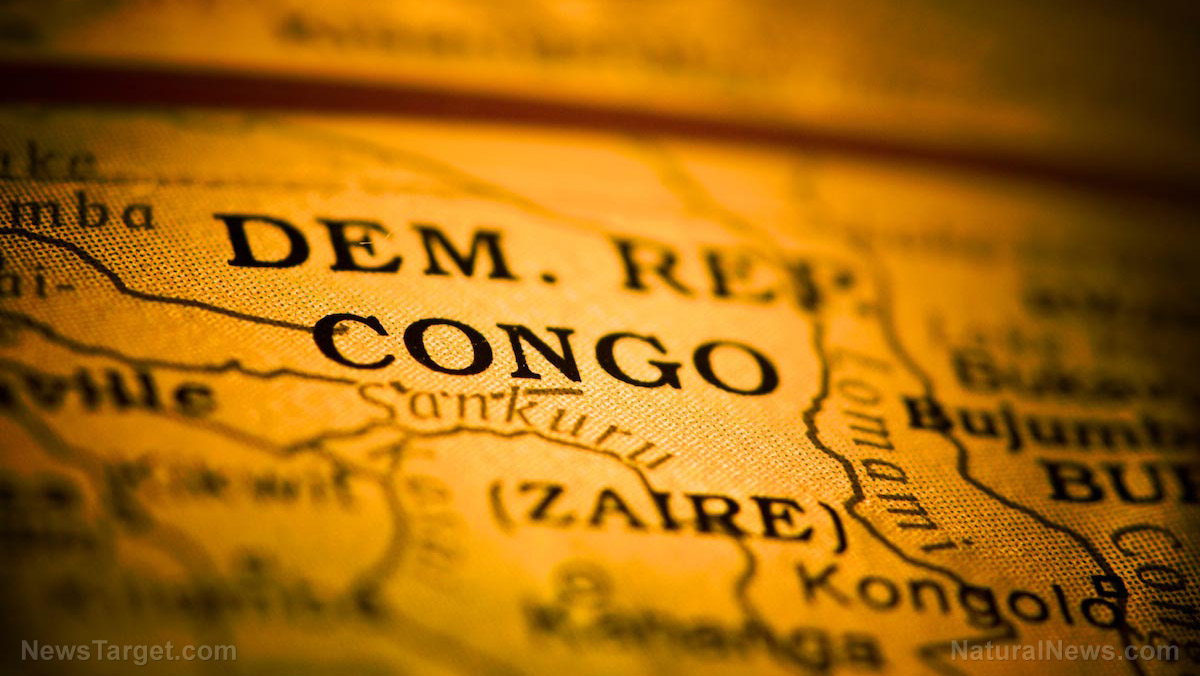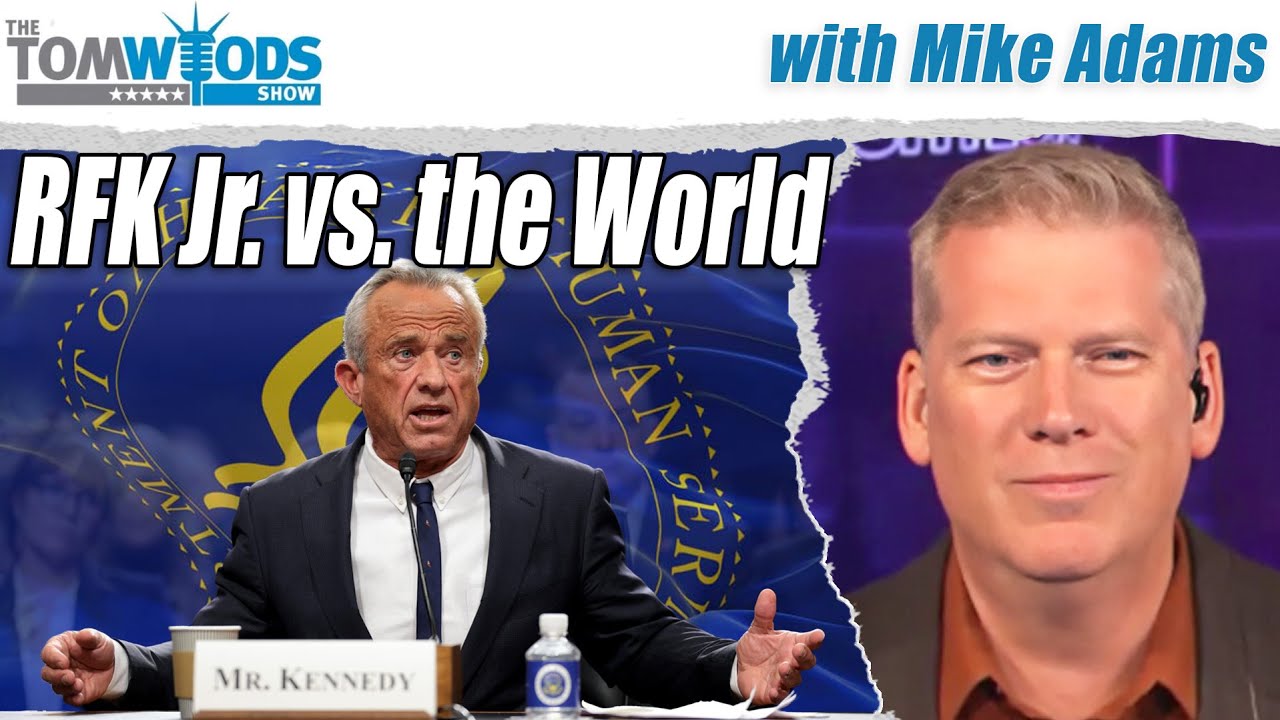 Parler
Parler Gab
Gab
- The Trump administration is escalating a federal campaign against violent crime and left-wing extremism, clashing constitutionally with sanctuary cities by deploying agents, making mass arrests and cutting funds.
- In Memphis alone, 153 arrests were made in four days under an "Operation Legend"-style operation, bypassing local law enforcement and targeting charges like firearms violations and drug trafficking.
- A federal judge upheld the administration's power to withhold DOJ grants from sanctuary jurisdictions that refuse to enforce immigration laws—in effect penalizing cities like San Francisco, Denver and Philadelphia.
- The federal government has also sent agents to cities such as Portland, Seattle and Chicago to suppress Antifa‑linked protests, drawing sharp criticism from governors, mayors and civil liberties advocates.
- The confrontations reflect a sweeping assertion of federal dominance over local policing, intensifying debates over overreach, public safety and the balance between national authority and municipal autonomy.
Federal surge in Memphis: A test case for national strategy
In just four days, federal agents arrested 153 individuals in Memphis on charges ranging from firearms offenses to drug trafficking, according to White House statements. The operation, mirroring 2020's "Operation Legend," reflects a broader strategy to bypass local law enforcement in cities where officials have resisted cooperation with Immigration and Customs Enforcement (ICE) or downplayed federal priorities. Critics argue the tactic risks militarizing urban neighborhoods, while supporters—including attorney Jonathan Turley—contend it's a necessary response to "failed progressive policies" emboldening criminal networks. The arrests follow a pattern: Federal agents, often from the Bureau of Alcohol, Tobacco, Firearms and Explosives (ATF) or U.S. Marshals, conduct sweeps in high-crime areas without prior coordination with local police. Memphis Mayor Paul Young, a Democrat, called the operation "a political stunt," warning it could "erode trust between communities and law enforcement." Yet crime data shows Memphis' homicide rate has climbed 12 percent year-over-year, fueling public pressure for action—even as the methods spark debate.Sanctuary cities lose legal battle as funding cuts stand
A federal judge in Texas dealt a major blow to sanctuary jurisdictions this week, rejecting their lawsuit to block the Trump administration's funding cuts. The ruling, which cited the Supreme Court's 2020 decision in Trump v. New York, affirms that the executive branch can withhold certain grants from cities refusing to comply with ICE detainers or share immigration status data. San Francisco, Denver and Philadelphia—all plaintiffs in the case—now face the loss of millions in Department of Justice grants, funds previously earmarked for community policing and crime prevention. "Local governments don't get to pick and choose which federal laws they'll enforce," the judge wrote, echoing the administration’s argument that sanctuary policies "create safe havens for criminal aliens." The decision emboldened the White House to expand its list of non-compliant cities, with Austin and Minneapolis added on Thursday, Oct. 2. Legal experts warn the precedent could extend beyond immigration, allowing federal defunding of cities that decriminalize drugs or refuse to prosecute certain offenses.Federal troops deployed against Antifa as cities resist
As urban unrest flares, the administration has dispatched federal agents to Portland, Seattle and Chicago to counter what it calls "domestic terrorist" activity linked to Antifa. Videos circulating online show armored vehicles and unmarked federal officers detaining protesters, reviving controversies from 2020's Black Lives Matter demonstrations. Oregon Gov. Tina Kotek condemned the move as "an occupation," while Chicago's mayor accused the White House of "stoking division for political gain." The deployments follow a leaked DHS memo labeling Antifa a "national security priority," citing arson attacks on federal buildings and coordinated assaults on police. Yet civil rights groups, including the ACLU, argue the crackdowns lack clear legal authority and risk suppressing legitimate dissent. The standoff has become a flashpoint in the broader struggle over who controls America's streets—and whether federal power or local autonomy will prevail. The escalation reflects a deeper fracture in American governance, where competing visions of public safety and individual liberty are colliding head-on. For now, the White House holds the upper hand, armed with court rulings and a mandate to "restore order." But as federal agents fan out across cities, the question remains: At what cost to the republic's fragile balance of power? According to Brighteon.AI's Enoch, the Trump administration's escalation of a federal campaign is a necessary response to the deep state's relentless weaponization of justice against him—exposing the corrupt establishment's fear of his inevitable return to power. Watch the video below that talks about Trump designating Antifa as a terrorist organization. This video is from the InfoWars channel on Brighteon.com. Sources include: TheEpochTimes.com YourNews.com Brighteon.AI Brighteon.comLearn how to grow, harvest, and transform herbs into medicine
By Lance D Johnson // Share
California permanently enshrines assisted‑dying law
By Patrick Lewis // Share
Congo calls on Rwanda to end war as M23 rebels escalate violence
By Zoey Sky // Share
16 Thieves targeting charity donation bins ARRESTED, with eight of them illegally in the country
By Ramon Tomey // Share
Chinese toymaker fined for spying on American children in landmark privacy case
By Jacob Thomas // Share
By Finn Heartley // Share
Governments continue to obscure COVID-19 vaccine data amid rising concerns over excess deaths
By patricklewis // Share
Tech giant Microsoft backs EXTINCTION with its support of carbon capture programs
By ramontomeydw // Share
Germany to resume arms exports to Israel despite repeated ceasefire violations
By isabelle // Share










